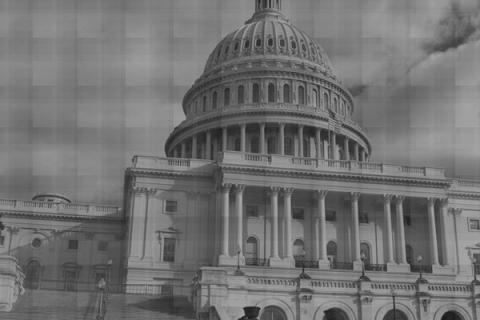Wisconsin has been on a serious decline in union members for a few years now. Last year set a record low at 13.3%. As Business Week reports:
"The unions are dinosaurs and a meteor just hit the Earth," said Mordecai Lee, a government affairs professor at the University of Wisconsin-Milwaukee. "The dinosaurs will slowly die out."
That Walker has created jobs without raising taxes is not something you hear a lot about when news services talk about Walker.
This is not to say there have been major increases, but Wisconsin shows a positive increase in both jobs and wages.
“In 2012, the state employment numbers have shown a positive trend, with slight increases each month. Wisconsin’s unemployment rate is 6.7 percent, lower than the national average of 8.2 percent, and a percentage point below from when Walker took office in January 2011.In 2011, the average income in Wisconsin was $40,073, according to the nonpartisan Wisconsin Budget Project, slightly lower than the national average of $41,663. Wisconsin’s average personal income rose higher in 2011 than the national average – 4.8 percent compared with 4.3 percent,” ABC News Blog.
But was it the money?
“Was it the economy? No. Voters who said their financial situation has improved over the past two years voted 52 percent for Walker. Those who said it has gotten worse voted 52 percent for Walker. Those who said it was about the same voted 53 percent for Walker. It was not about money,” Politico."Walker did two things that are very much worth noting. He pulled a lot of moderate votes; “37% of Walker voters Tuesday were self-described moderates, according to the exit polls.” And a good amount of the Obama supporters; “Walker got 53% of the vote Tuesday. If the exit polls are correct and 17% of Walker voters back Obama, that means at least 9% of recall voters (53% of 17%) were Obama-Walker supporters," Journal Sentinel."Mix that in with 23% of the union voters, and you see Walker managed to pull a large number from across the board, where his opponent, Tom Barrett could only manage a smaller amount of a mix. If not for independent liberals, Tom Barrett would have lost 7:1, but because of them, he lost 2:1," Washington Post.
If anything, this is going to show more that people are waking up. It is not so much a Republican thing or a Democrat thing, even a Tea Party thing. People are moving more towards the issues, and away from partisanship. People are getting upset with the way the government is being run, and the way we are not being heard.
Politicians also appear to be turning away from the power of the unions:
"Brandenburg, chair of the Senate Finance Committee, said he hopes a discussion about right-to-work legislation "takes place as soon as possible" with Snyder and Richardville," The Detroit News.“In addition, Republican politicians in the US states of Michigan, Minnesota, Missouri and New Hampshire are reportedly considering renewed pushes against union rights,” BBC.

